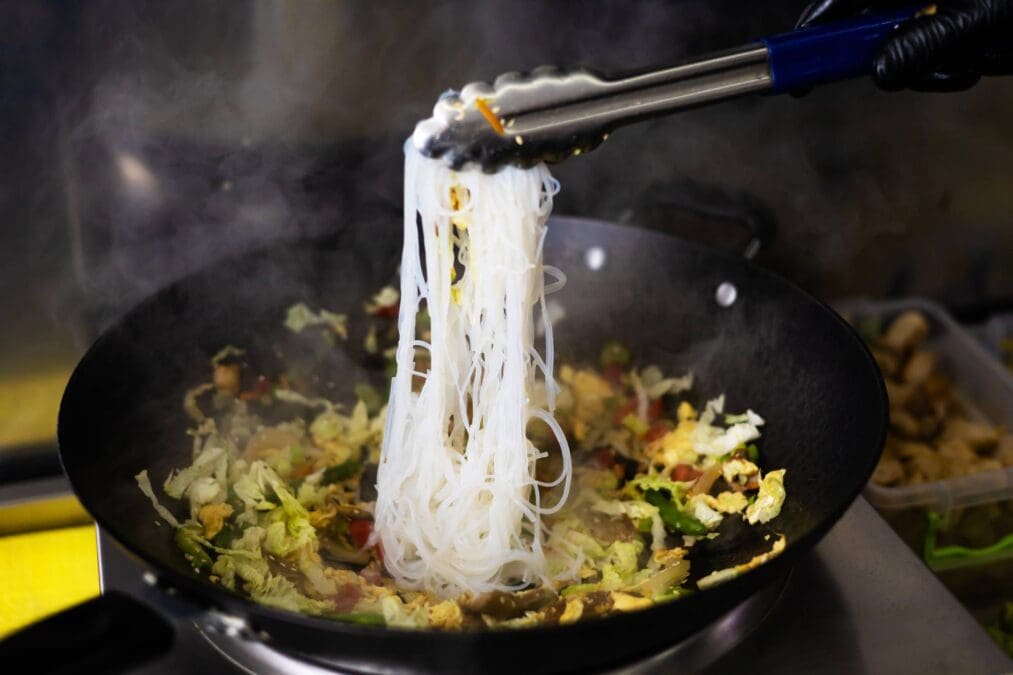Thriving in the Heat: Prioritizing Mental and Physical Health in the Culinary Profession
The culinary profession is known for its demanding hours, high-pressure environments, and intense physical demands. While the passion for food fuels many chefs, it’s crucial to prioritize mental and physical health to thrive in this challenging field. This article explores the unique challenges chefs face in maintaining a healthy lifestyle and provides practical strategies for self-care, stress management, and work-life balance.
Challenges to Well-being:
Chefs often work long and irregular hours, including evenings, weekends, and holidays. The fast-paced nature of the kitchen can lead to stress, anxiety, and burnout. Physical demands, such as standing for extended periods, lifting heavy objects, and working in hot environments, can take a toll on the body.
Mental Health:
- Stress Management: Techniques like mindfulness, meditation, and deep breathing exercises can help chefs manage stress and anxiety.
- Seeking Support: Talking to colleagues, friends, or mental health professionals can provide valuable support and guidance.
- Setting Boundaries: Establishing clear boundaries between work and personal life is crucial for preventing burnout.
- Time Off: Taking regular breaks and vacations allows chefs to recharge and return to work with renewed energy.
Physical Health:
- Ergonomics: Maintaining proper posture, using ergonomic tools, and taking breaks can prevent injuries and promote physical well-being.
- Nutrition: Eating a balanced diet and staying hydrated is essential for maintaining energy levels and overall health.
- Exercise: Incorporating regular physical activity into their routine can help chefs improve their fitness and reduce stress.
- Sleep: Prioritizing sleep is crucial for physical and mental recovery.
Work-Life Balance:
- Time Management: Effective time management skills can help chefs balance work responsibilities with personal life.
- Delegation: Delegating tasks to other team members can reduce workload and free up time for self-care.
- Prioritization: Focusing on the most important tasks and letting go of less essential ones can reduce stress and improve efficiency.
Creating a Supportive Culture:
Restaurants and culinary institutions can play a vital role in promoting the well-being of their chefs by:
- Fostering a positive work environment: Encouraging teamwork, open communication, and respect among staff.
- Providing resources for mental health support: Offering access to counseling services or employee assistance programs.
- Promoting healthy lifestyle choices: Encouraging healthy eating habits, providing ergonomic equipment, and supporting physical activity.
To thrive in a demanding and challenging profession
Prioritizing mental and physical health is essential for chefs to thrive in a demanding and challenging profession. By incorporating self-care strategies, managing stress effectively, and maintaining a healthy work-life balance, chefs can sustain their passion for food and enjoy a long and fulfilling career.






